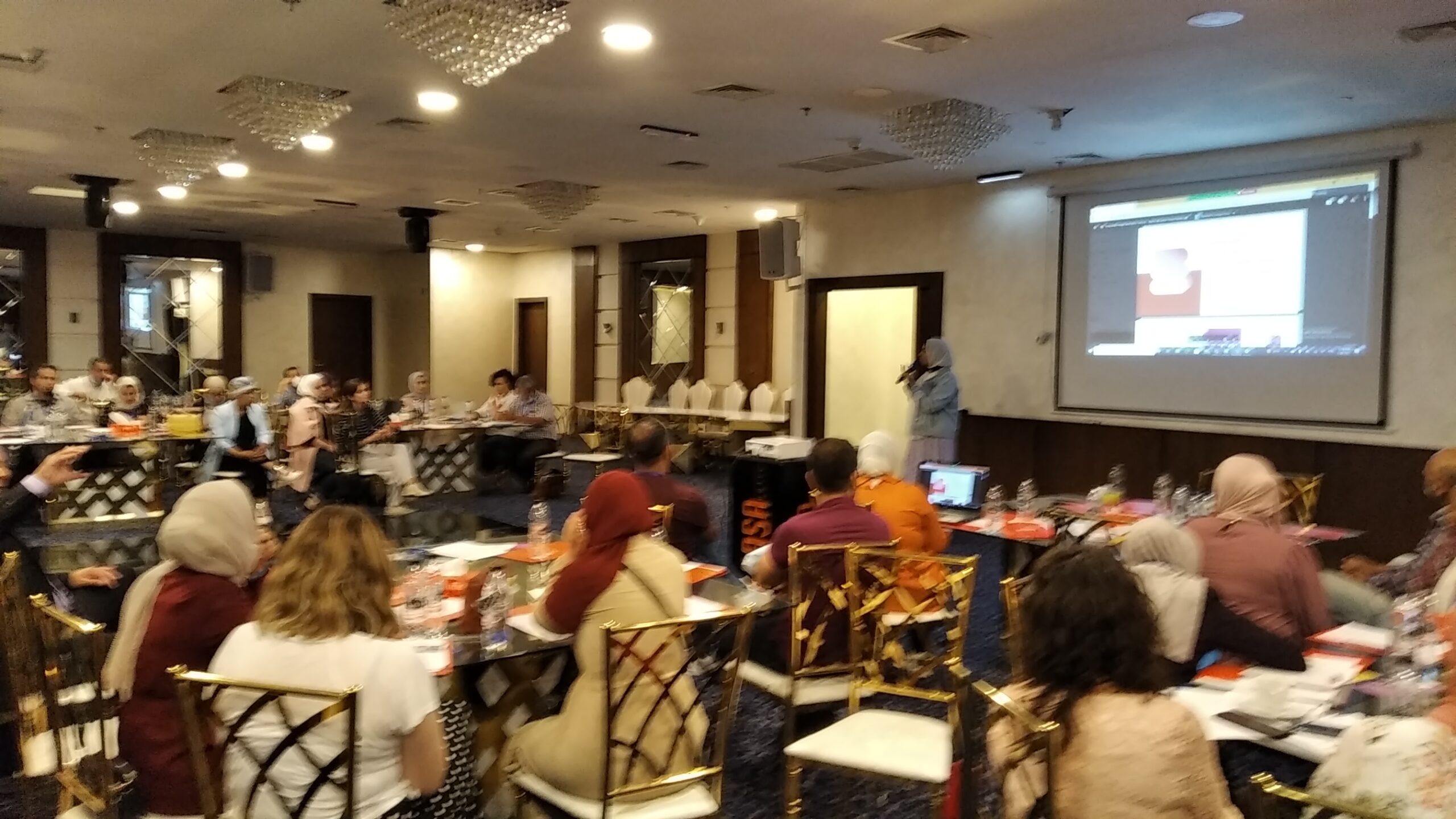The Invisible Forewomen Conference full report by the organisers of the conference Uri Mena
The Invisible Forewomen Conference was held from July 29-31, 2021 in Amman, Jordan. The conference was organized in a hybrid style, with both an in-person and virtual audience. It brought together about 50 people in-person and 20 virtual attendees via Zoom.
The conference was part of the Invisible ForeWomen project led by Udhetim i Lire – Liberi di Viaggiare (UiL-LdV), Albania, in cooperation with the United Religions Initiative in the Middle East & North Africa (URI MENA), TEKMED, Turkey, Have A Dream, Egypt and DRPDNM, Slovenia. It was generously funded by Anna Lindh Foundation and co-funded by the European Union.
The aim of the conference was to raise awareness about young marginalized women’s needs for sociocultural and economic empowerment. Speakers provided innovative ideas about how to boost their participation in social, economic and public life. Participants discussed how to combate the contextual factors that increase young women’s susceptibility to marginalization, violence and discrimination. They suggested many strategies to overcome obstacles that prevent young women with less opprtunities from fully contributing to sustainable development. Conference participants were a mix of leaders of women-led organizations, experts in relevant subjects, and marginalized women. They were from 13 European and South Mediterranean countries. Because young marginalized women’s struggles and rights so often go unnoticed, the conference provided them with the space to tell their stories and addressed existing efforts that can provide them with the tools to become leaders and entrepreneurs in various fields. We invited Anna Lindh Foundation members from across Europe and the South Mediterranean to attend the conference.
The second day was dedicated to sharing good practices for marginalized women’s economic and sociocultural empowerment. Participants shared 13 good practices from Albania, Egypt, Jordan, Netherlands, Palestine, Poland, Slovenia, Tunisia, and Turkey. We heard directly from women living in marginalized communities in Egypt, Jordan, Turkey, and Tunisia, who shared successful stories of eliminating different kinds of discrimination and violence against women in their respective communities.

